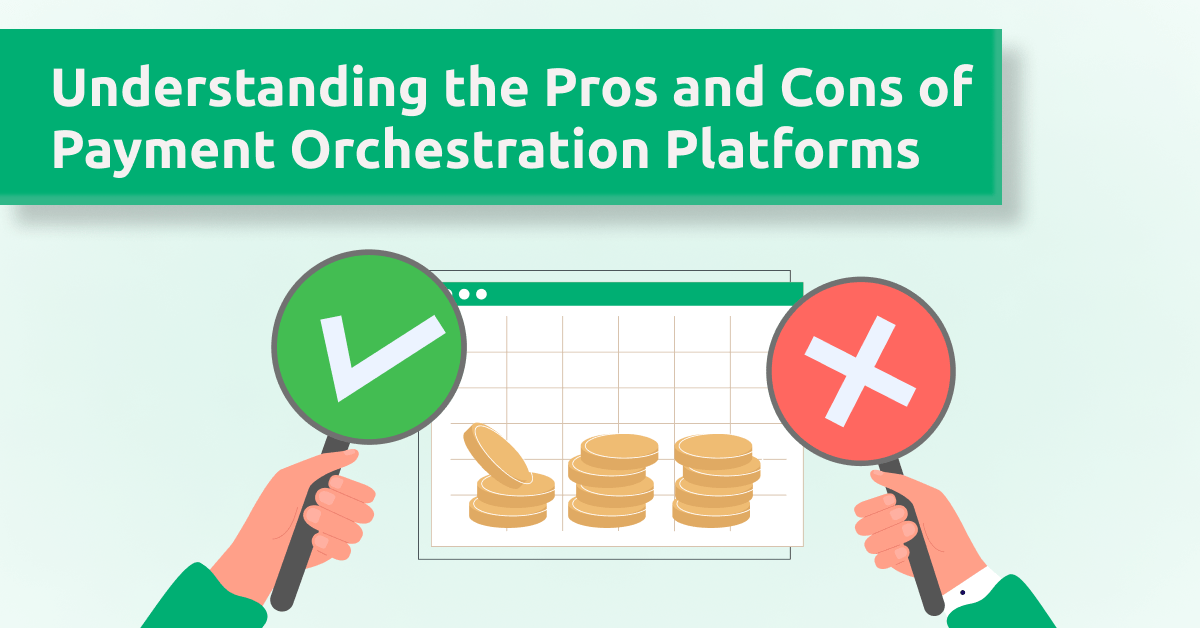
Understanding the Pros and Cons of Payment Orchestration platforms
The rise of e-commerce has revolutionized the payment industry. With the growing need for payment gateways, businesses opt for white-label payment gateway services to process online payments. These payment gateways, such as WLPayments, offer payment orchestration platforms that enable companies to manage and streamline their payment processes. This article will explore the pros and cons of the payment orchestration platform provided by a white-label payment gateway.
Pros
Enhanced Payment Processing
One of the primary advantages of payment orchestration platforms is that they offer enhanced payment processing capabilities. With payment orchestration, businesses can manage payments from different payment methods and currencies, reducing payment failures and processing times.
Improved Customer Experience
White-label payment gateway providers offer payment orchestration platforms with customisable payment pages that match the business’s branding. This creates a seamless payment experience for customers and can improve customer loyalty.
Increased Security
Payment orchestration platforms provided by white-label payment gateways offer advanced security features, such as fraud detection and prevention tools. These tools can protect businesses and customers from fraudulent activities, creating a secure payment environment.
Cons
Limited Control
Merchants may have less control over the payment process when using payment orchestration platforms. While payment orchestration can simplify payment processing, it limits merchants’ ability to customise their payment flows and manage specific payment scenarios.
A flexible payments orchestration provider should be able to customise on the merchant’s request.
Additional Costs
Payment orchestration platforms require additional costs as businesses have to pay for the services the white-label payment gateway provides. These costs can add up over time and may burden small businesses. But in general, payment orchestration providers should make money for the merchant. With transaction routing, cascading and retries, revenue will be saved that otherwise would have been lost.
Dependence on Third-party Services
Payment orchestration platforms depend on third-party services, such as payment processors and acquirers. Businesses using payment orchestration platforms may be impacted by any issues or downtimes these third-party services experience. A proper payment orchestration can route the transaction to another acquirer when the systems are down.
In conclusion, payment orchestration platforms provided by white-label payment gateways offer several advantages, such as enhanced payment processing, improved customer experience, and increased security. However, businesses should also consider the limitations of these platforms, such as limited customisation, additional costs, and dependence on third-party services. Ultimately, businesses should weigh the pros and cons of payment orchestration platforms to determine whether they align with their payment processing needs and business goals.
What’s next?
At WLPayments, we ensure our payment partners have access to all payment data through a platform or API. If you have follow-up questions, we will help you find the answers. Fill out the form below, and we will contact you shortly. Or drop us an email at [email protected].
Understanding the Pros and Cons of Payment Orchestration platforms
